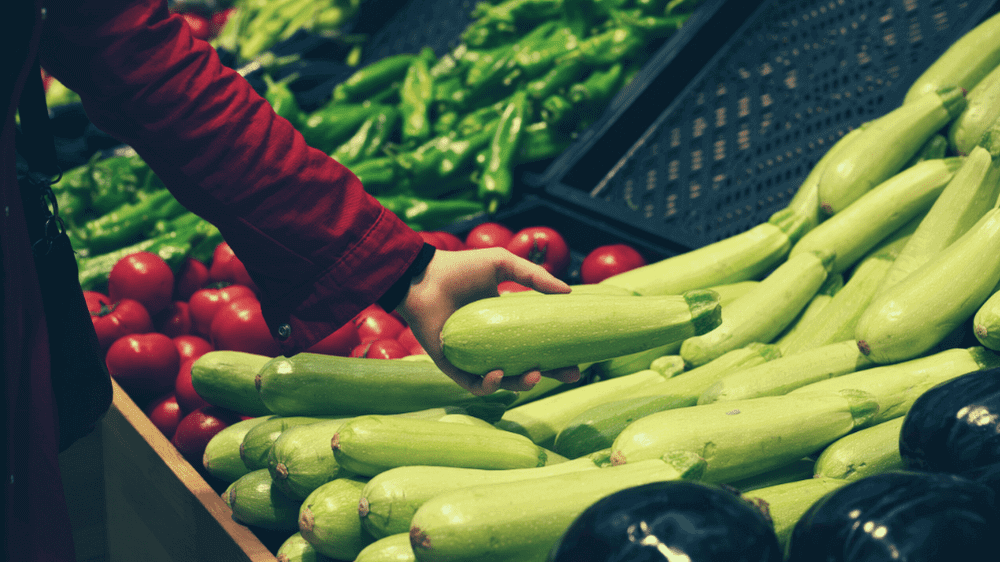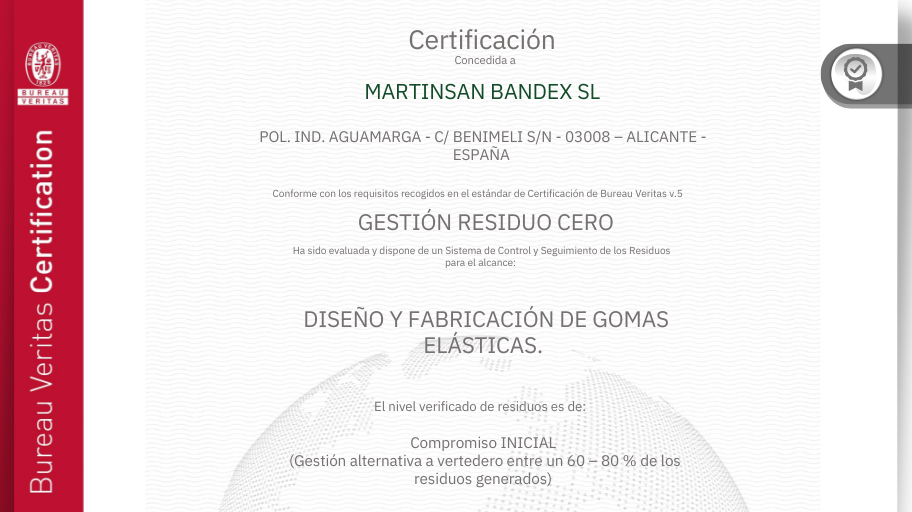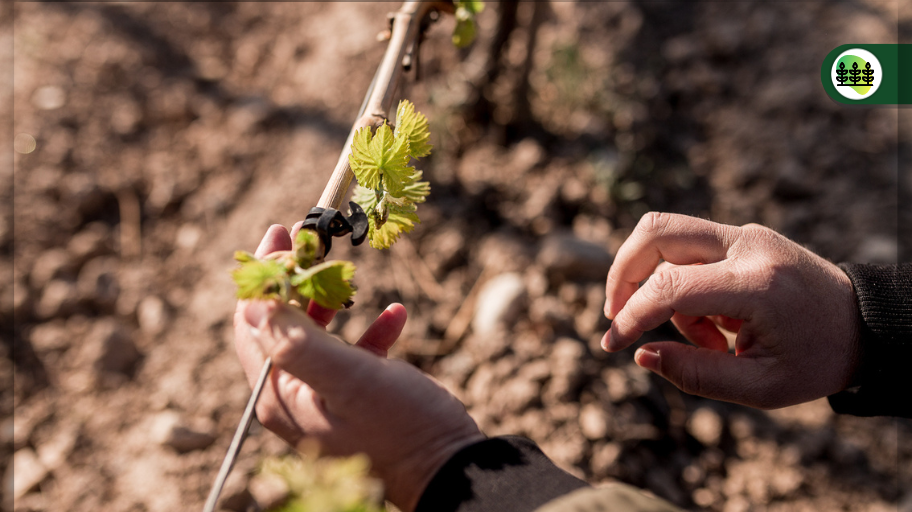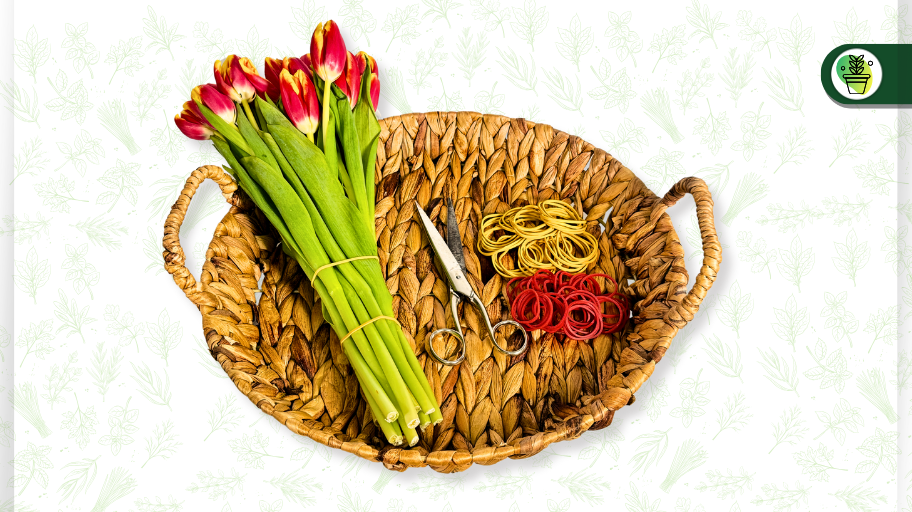Sales of fruit and vegetables have grown, in value, by 0.3% in the last twelve months. This was the data presented by Nielsen at the AECOC Fruit and Vegetable Congress held in September in Valencia, Spain, which confirmed the growth of fruit and vegetable products during the pandemic.
This growth has remained stable since then. Sales of fruit and vegetables over the last twelve months have remained up despite the exceptional situation experienced in recent years, which led to unprecedented growth in all FMCG products.
In the breakdown by product, fruit sales have grown by 1.6% in recent months and now represent 54% of the total turnover of the fruit and vegetable sector. As for vegetables, fresh produce continues to be the top choice of consumers, accounting for 87.2% of sales.
Two key elements have this growth, and accompany it: online sales and healthier and more sustainable consumption.
Growth of online fresh produce
The changes in habits produced during the pandemic have led to an increase in the consumption of fresh and healthy products, which has favored the growth of fruits and vegetables, which already represent 12% of the sales of mass consumption.
Another of the new habits that has been consolidated is online sales. So far this year, online purchases of fresh produce have grown by 19%, while those of fruit and vegetables have grown at a rate of 15%.
Even more general data states that online sales of fresh produce have grown by 115% since before the pandemic.
Manufacturers and distributors seem to be clear that online is already a more than essential channel. In the IRI-Lantern 2nd Wave “Pulse of FMCG Innovation” study, they were asked about their expectations of the impact that the growth of the online channel could have on their companies’ investments:
Among retailers, 75% of respondents estimate implementing improvements in the functionalities and services of existing platforms, while 8% plan the creation of an e-commerce platform.
Among manufacturers, 36% would improve their current platforms; 27% would create a new one; 18% expect to develop specific products for the online channel; while 7% expect to change their online pricing strategy.
Healthier and more sustainable consumer
Three out of four Spanish consumers make their purchasing decisions based on ethical and sustainability reasons. This is revealed in the report “Another consumption for a better future: new economies at the service of people and the planet”, carried out by the OCU (Organization of Consumers and Users) and the NESI Forum (New Economy and Social Innovation).
Consumers are increasingly committed to the environment and always take into account the impact of their consumption habits. That is why they are not only looking for nutritious, healthy and safe food, but also for food that is sustainable. In addition to serving to protect the product in a practical and safe way, packaging is acquiring another key function: that of being environmentally friendly.
Although it still takes a long time and a lot of effort for sustainable packaging to take precedence over the rest, new measures taken by government agencies and innovations by private companies mean that it is starting to become a plan for the future in the short term. As is the case in the EU, where member countries are adopting measures to achieve a 25% reduction in the consumption of food packaging such as fruit and vegetables, following the UN’s 2030 Agenda for Sustainable Development.
Packaging is undoubtedly a key element in the fruit and vegetable sector, as it gives its products greater safety and guarantees consumer confidence. Innovative companies in the packaging sector will present their latest sustainable solutions at the next edition of FRUIT LOGISTICS, February 9-11, 2022 in Berlin.
Our natural rubber product is a solution for the fruit and vegetable sector.
Suitable for food contact, they are the ideal solution for tying the product stems and holding its leaves, thus preserving the humidity and maintaining its freshness.
The grouping of the product by tying the elastic band facilitates the proper presentation for the final consumer, without the need to use plastic for fastening.
Its application can be:
Tying of chard stalks, spinach….
Binding of lettuce leaves, radicchio and other leafy vegetables…
Bundling of asparagus, carrots, leeks, chives…
Of course it offers an elastic fastening that does not damage the product, it is reusable and has an easy tying.




